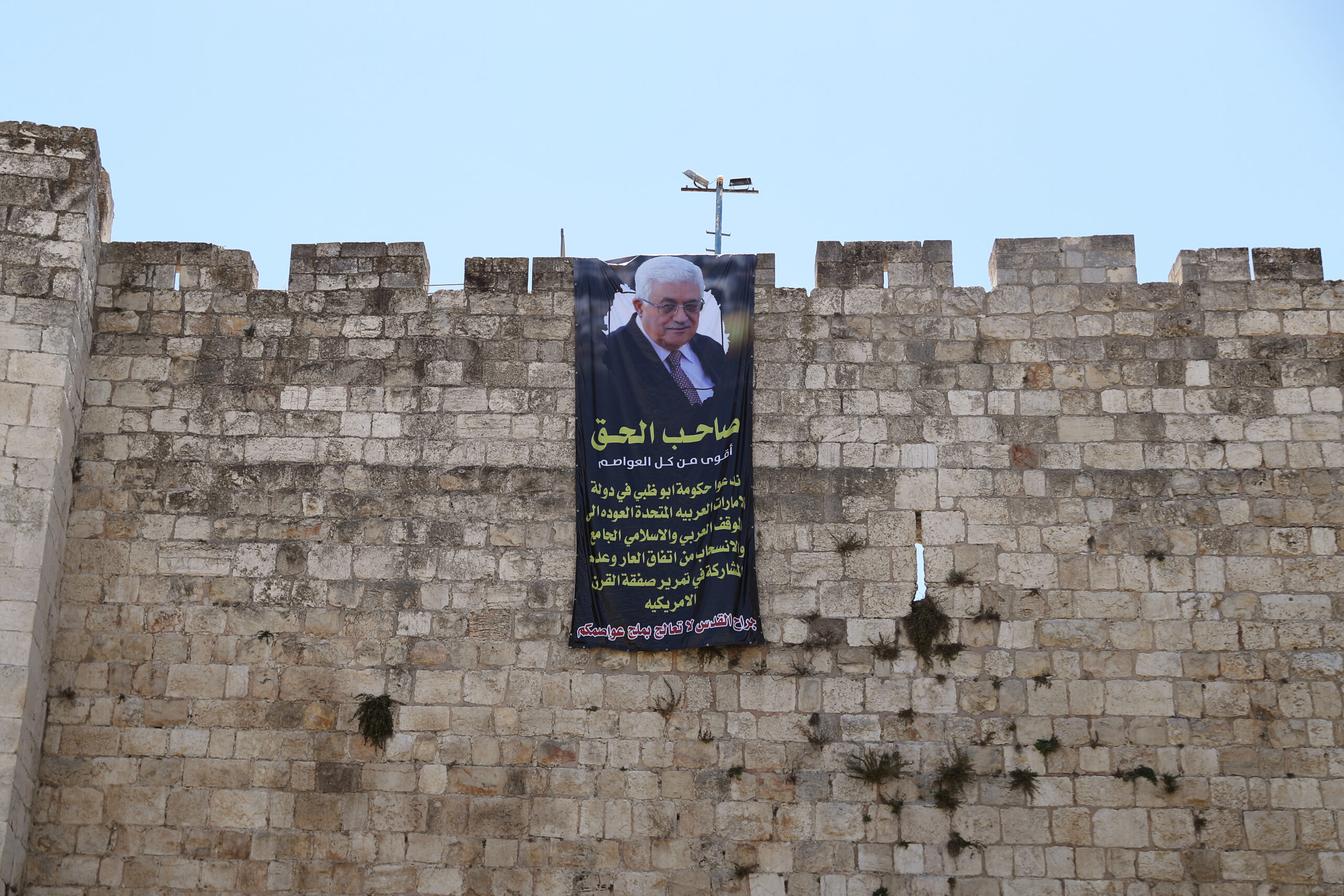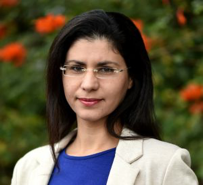United Arab Emirates
Nov 3, 2020
What the F-35 Deal Says About U.S.-UAE Relations
The fast tracking of the F-35 sale to the UAE raises questions regarding the incentives motivating all actors involved in the deal.
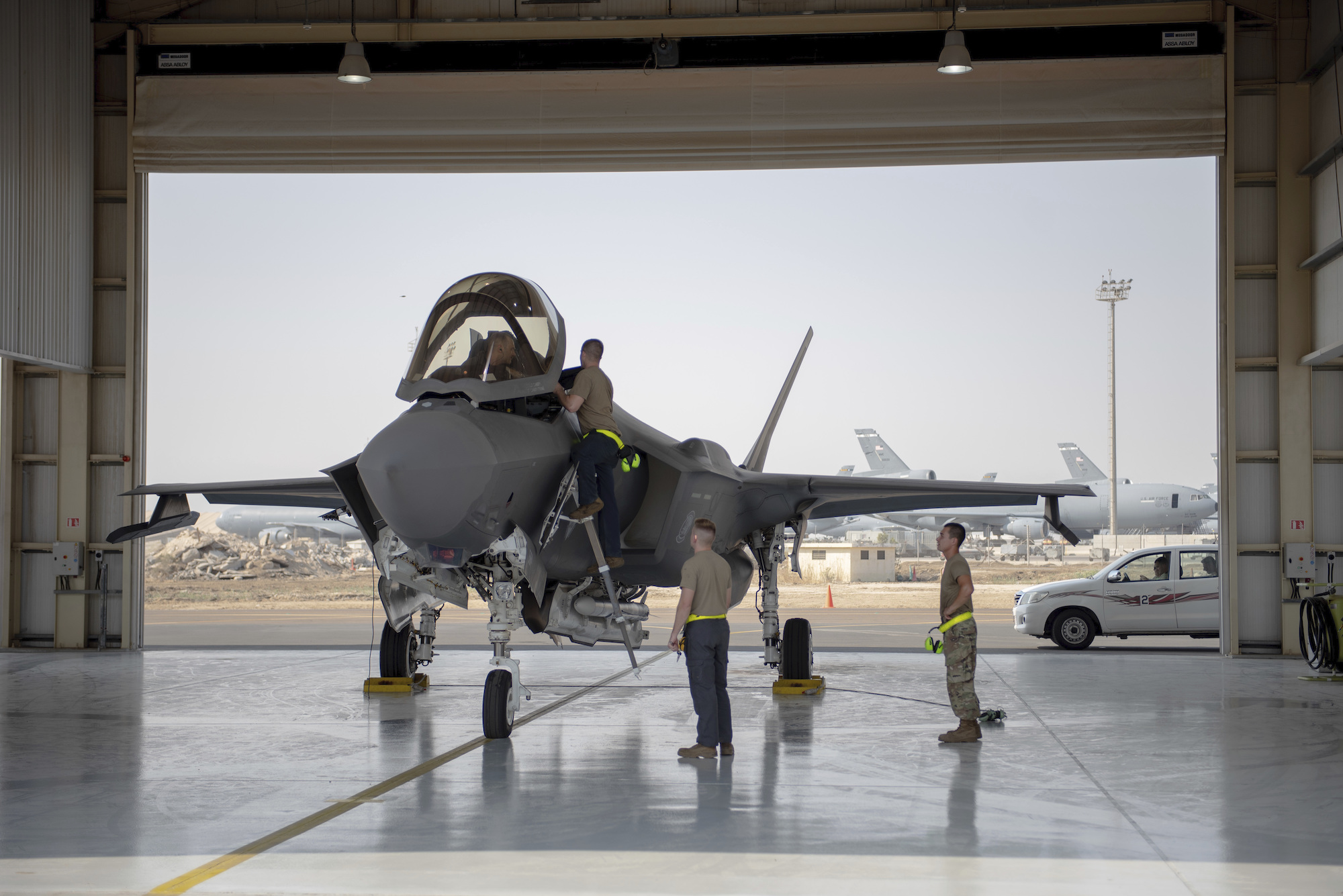
Oct 21, 2020
Regional and Global Power Competition Deepens Fault Lines Across the Southern Mediterranean
North Africa has become a site of great power competition among the United States, Russia, and China; the location of one of the region’s most protracted violent conflicts; and the scene for regional and Gulf Arab rivalries.
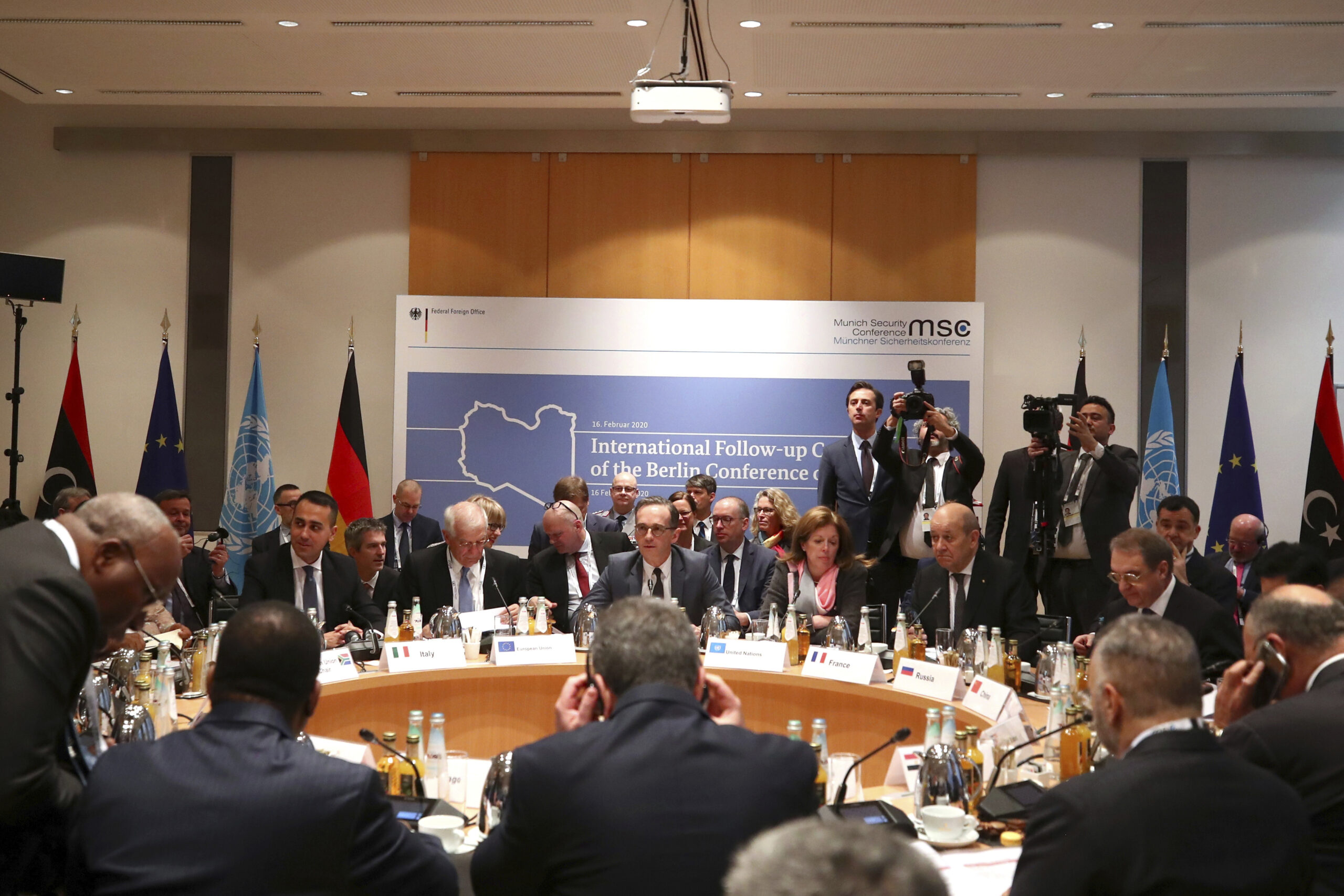
Oct 8, 2020
UAE-Israel Economic Ties Proliferate in the Wake of Normalization
Economic ties between the UAE and Israel are moving rapidly in many different directions, but the hard work lies ahead.
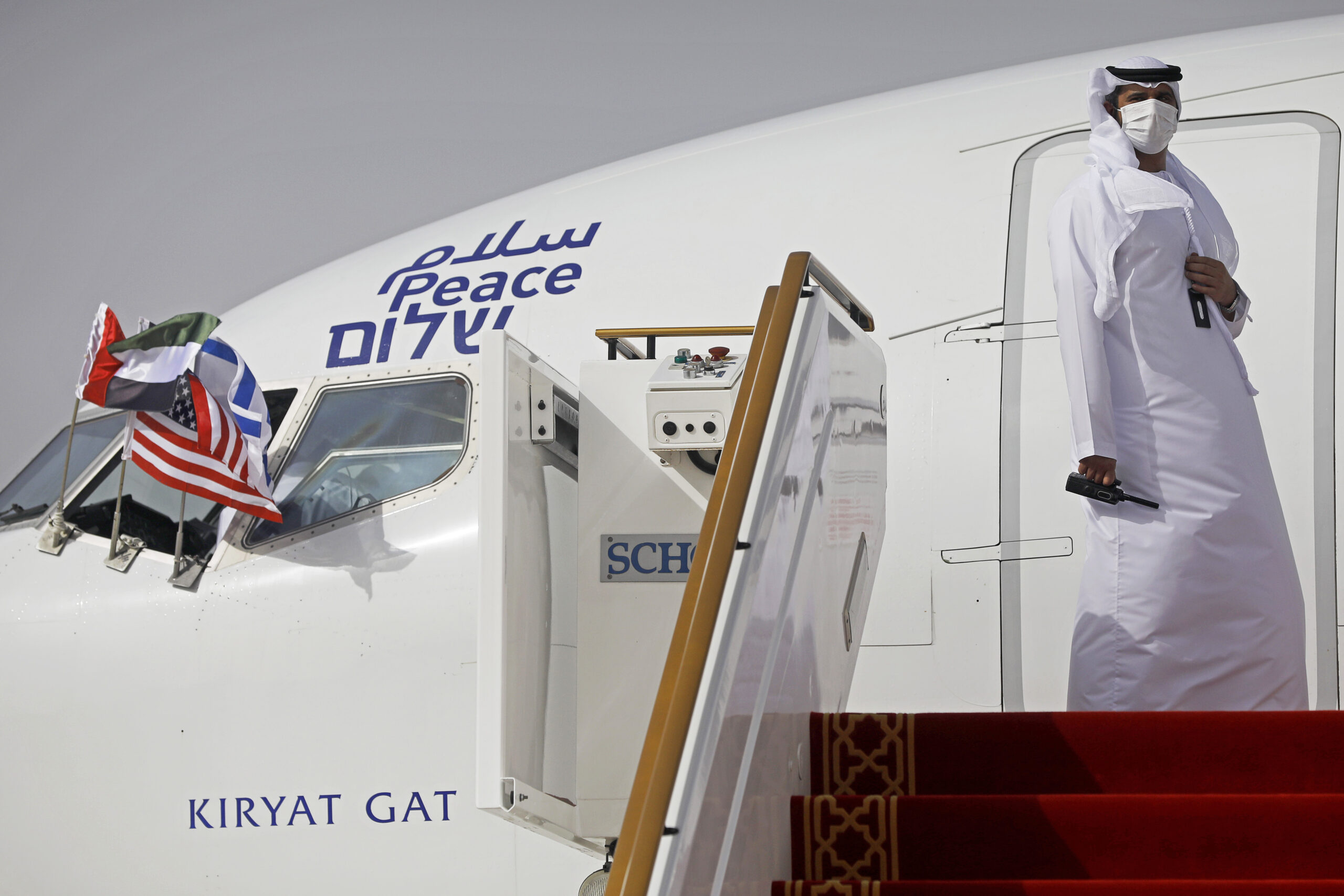
Oct 2, 2020
Multilateral Platforms Built Framework for Ties with Israel
Israel’s ties intensified in recent years with the United Arab Emirates and Bahrain and created an infrastructure conducive to the normalization of relations.

Sep 25, 2020
Gulf States’ Climate Change Policies Amid a Global Pandemic
The coronavirus pandemic represents an opportunity to reevaluate existing policies and tools, and climate change provides the needed lens for redirecting development onto sustainable trajectories.
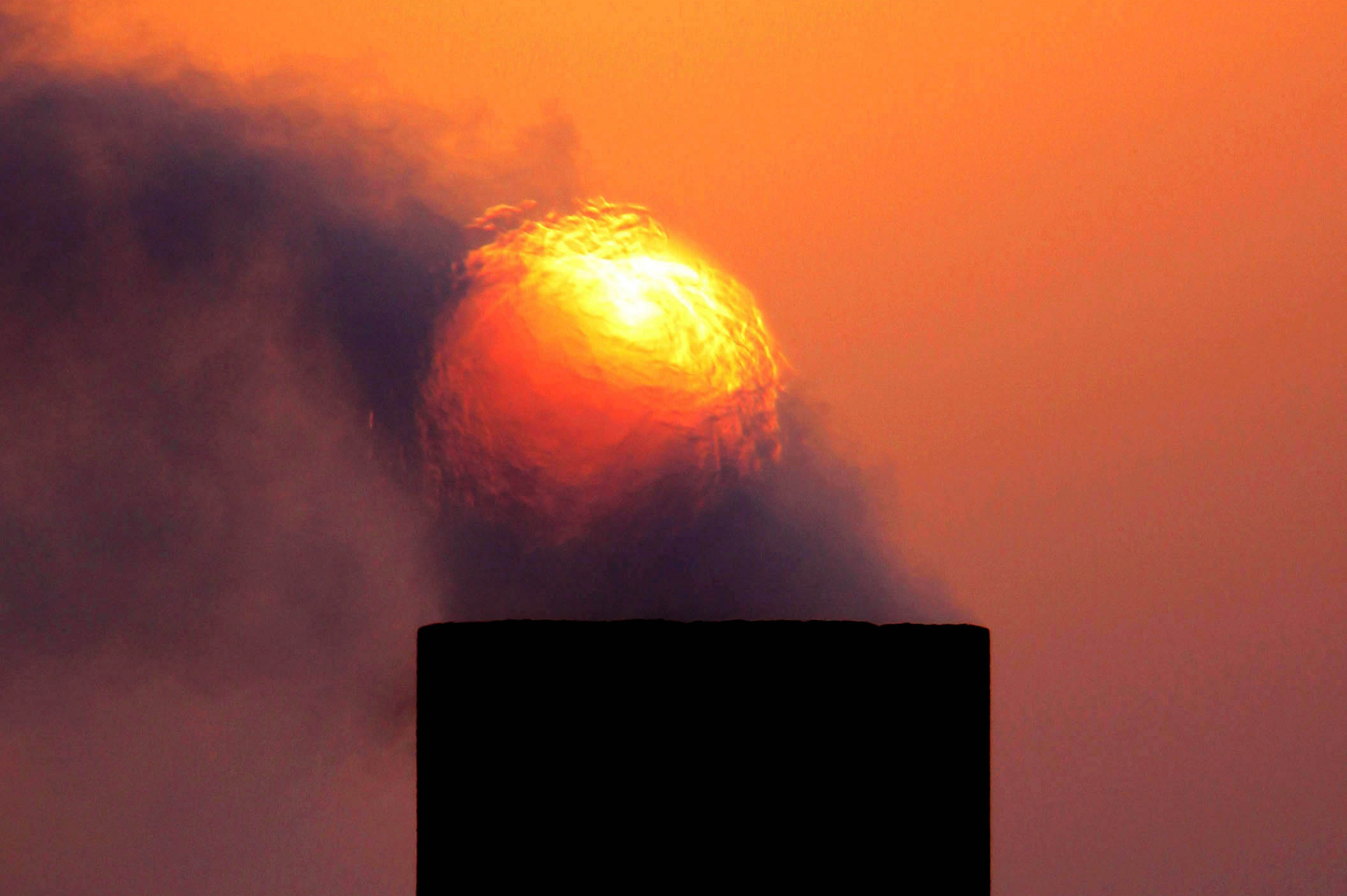
Sep 17, 2020
Nuclear Power in the Middle East: The Politics of Stakeholder Coalitions
The creation and management of domestic and external stakeholder coalitions is intrinsic to a sustained commitment to nuclear energy in the UAE.
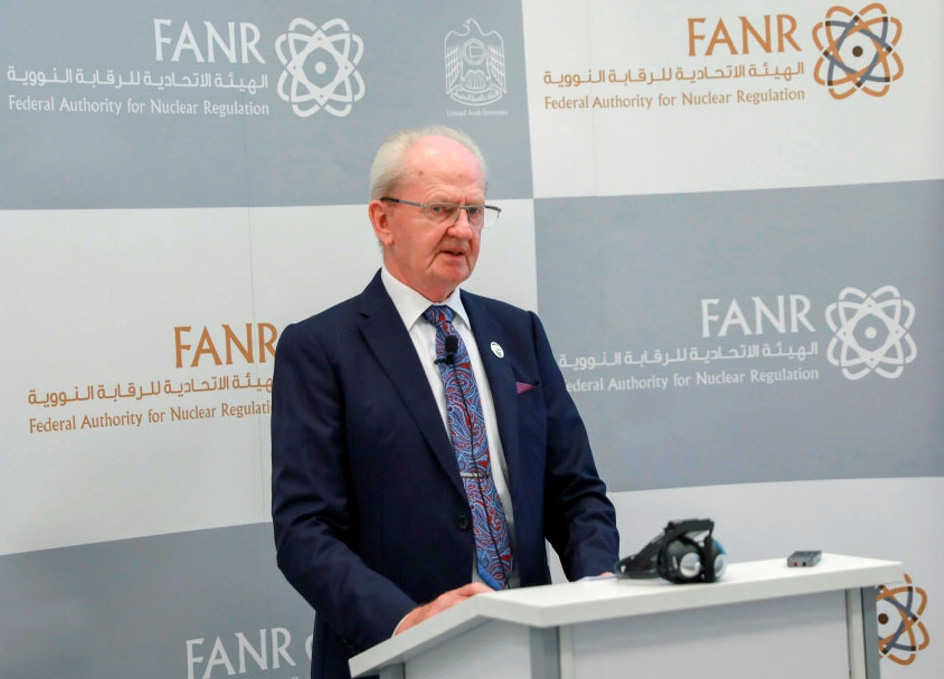
Sep 2, 2020
What Motivated the UAE-Israel Agreement and What Comes Next?
On September 2, AGSIW hosted a virtual panel discussion examining the UAE-Israel agreement, the role of the United States, and how the agreement will alter regional dynamics.
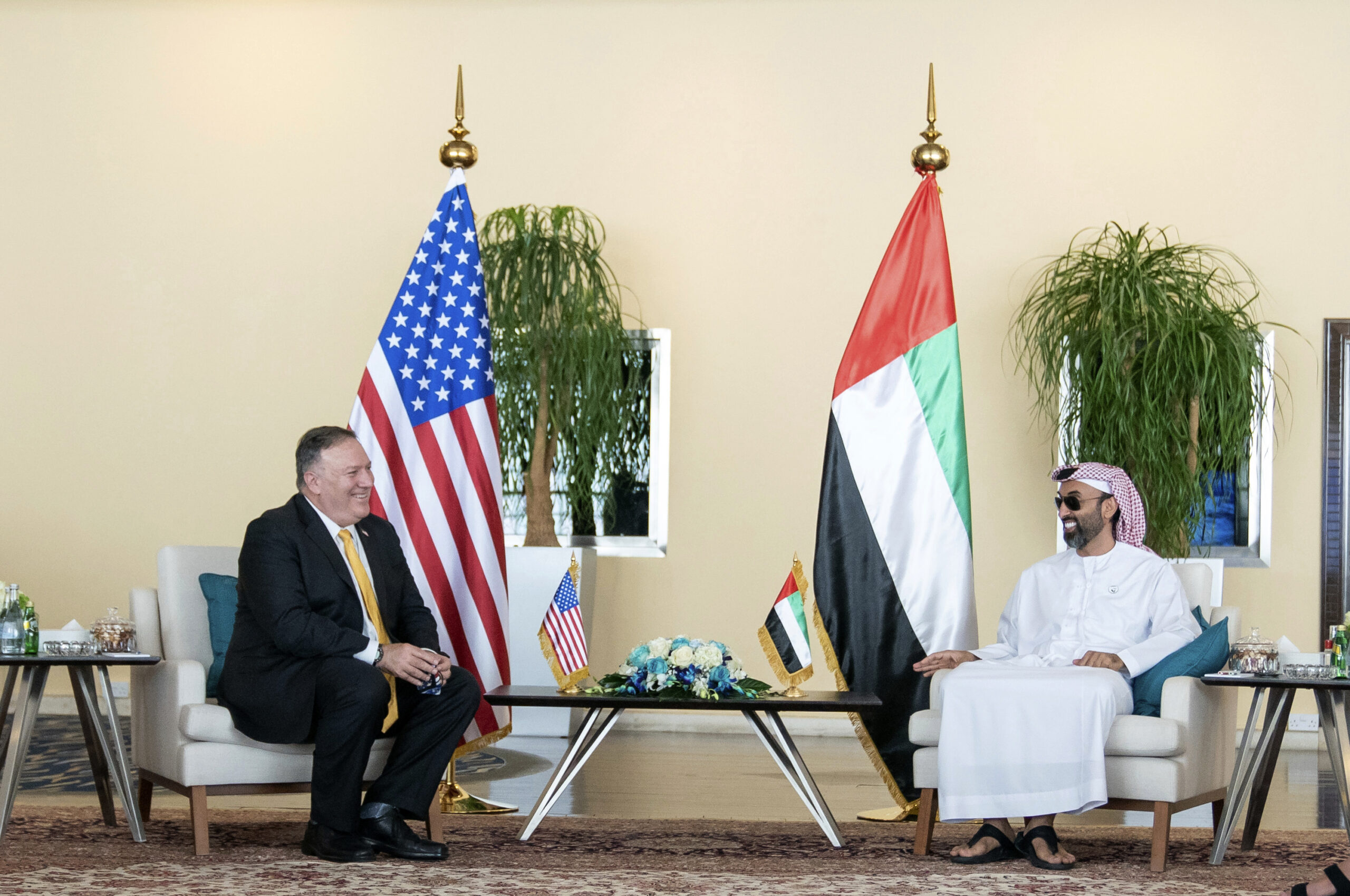
Aug 24, 2020
Public Debate Over the Abraham Accords Reflects Range of Views on Normalization in the Gulf
While political narratives on Israel are shifting under the influence of some determined state leaders, resistance to normalization remains across Gulf societies.
